

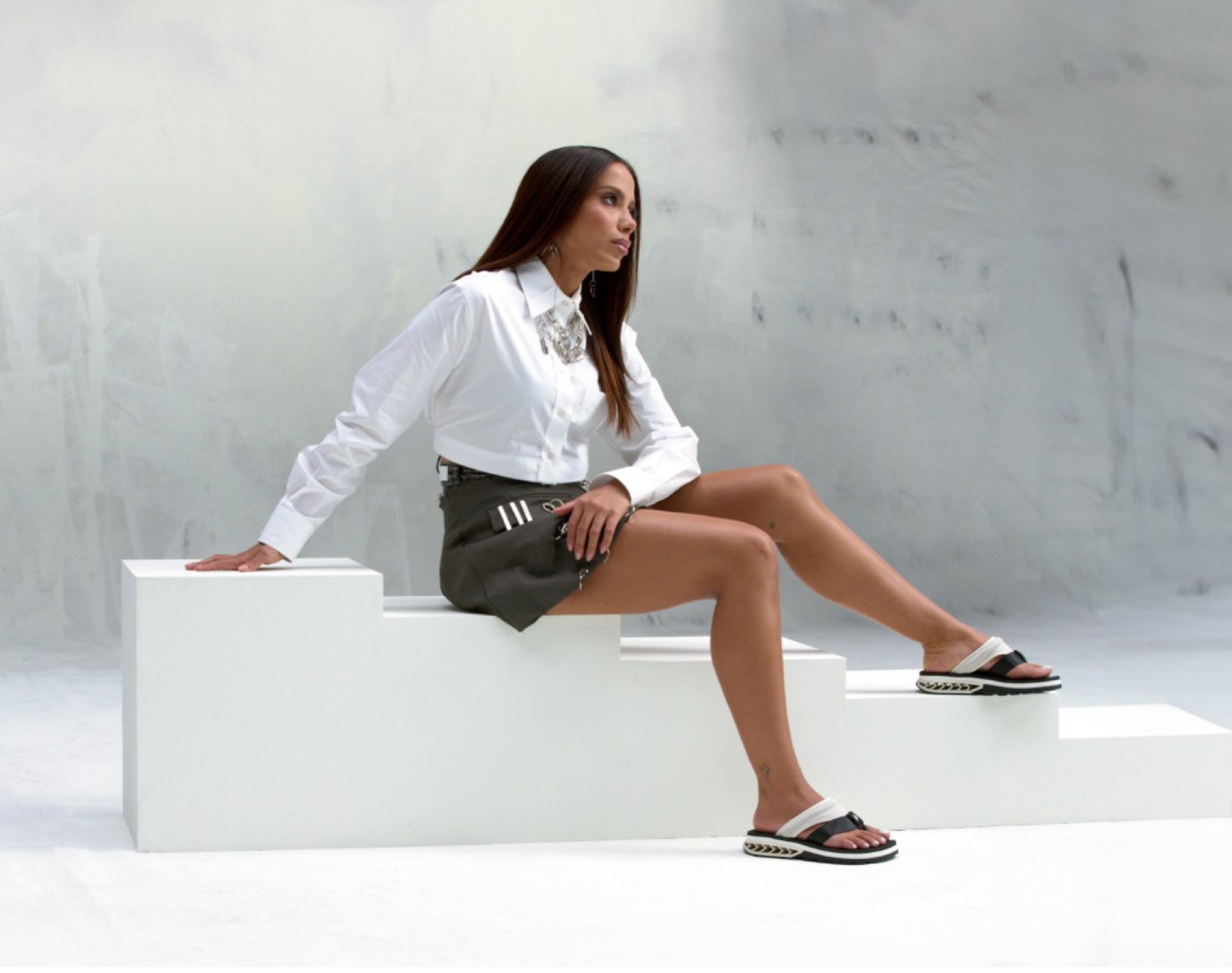
2024-09-25 | By Brazilian Footwear
Paris, Miami, and New York. These are the three cities chosen by S2 Holding for the group's international expansion project, the creator and owner of the Redley and Kenner brands. With an annual production of approximately 9 million pairs, the group, headquartered in Rio de Janeiro and with singer Anitta as the global ambassador for Kenner, has ambitious plans to increase the percentage of exported production. The goal is to bring the products, which have been popular among Brazilians for over 35 years, to more markets.
Certified at the highest level by the Sustainable Origin program—the only ESG and sustainability program in the world that certifies the footwear supply chain—Tess Indústria, a branch of S2 Holding responsible for footwear production, is putting into practice the principles that guide the creation and development of the group’s brands. In an exclusive interview with Abicalçados' Communications team, S2 Holding's CEO, Thomas Simon, shares a bit of the company’s history, its sustainability strategies, and investments in both the external market and the production plant.
Brazilian Footwear: Tell us a bit about your journey and connection with the footwear industry.
Thomas Simon: My parents started the company back in 1967—though it wasn’t called S2 Holding then—and I’m the second generation running the business today. I’ve been connected to the fashion sector since I was a kid. I studied Business Administration in the United States and later did an executive MBA between 2004 and 2007, also in the U.S., while always working in the family business. We have nearly 3,000 employees and a formal Board of Directors that includes market professionals, as well as my brother and me.
Brazilian Footwear: How did the business and the brands Cantão, Redley, and Kenner start?
Simon: Our group was born in Rio de Janeiro as a women’s fashion brand with Cantão. Footwear has always played a crucial role for us. Around 1982, we decided to start producing men’s sneakers to launch a new business. With our positive experience in the footwear market, we kicked off with the Redley brand. We took on a significant challenge by setting up a shoe factory in Rio de Janeiro, a state that doesn’t have the same footwear tradition as other regions in Brazil. In 1988, we began manufacturing another product, the Kenner sandals, to break into a different category of footwear.
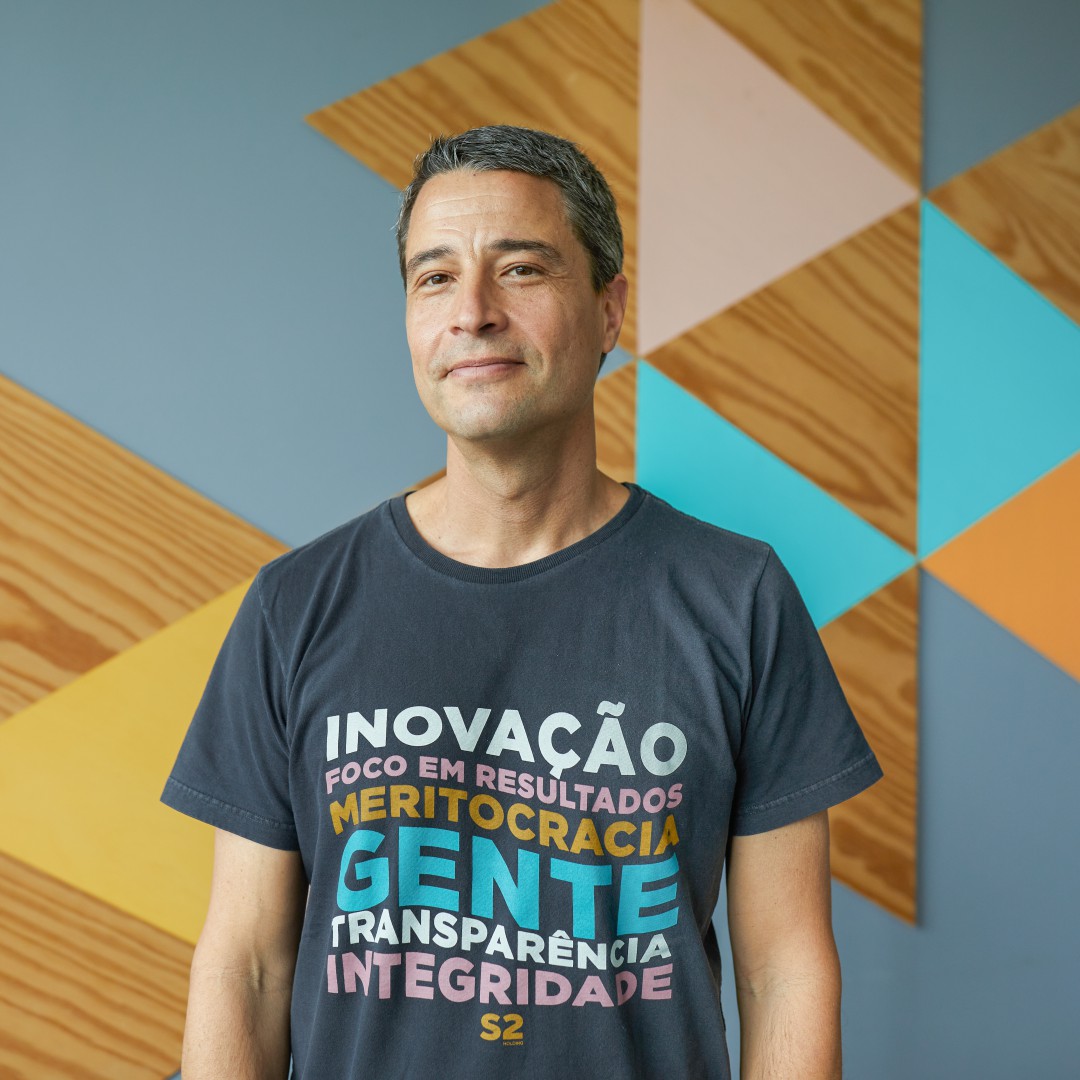
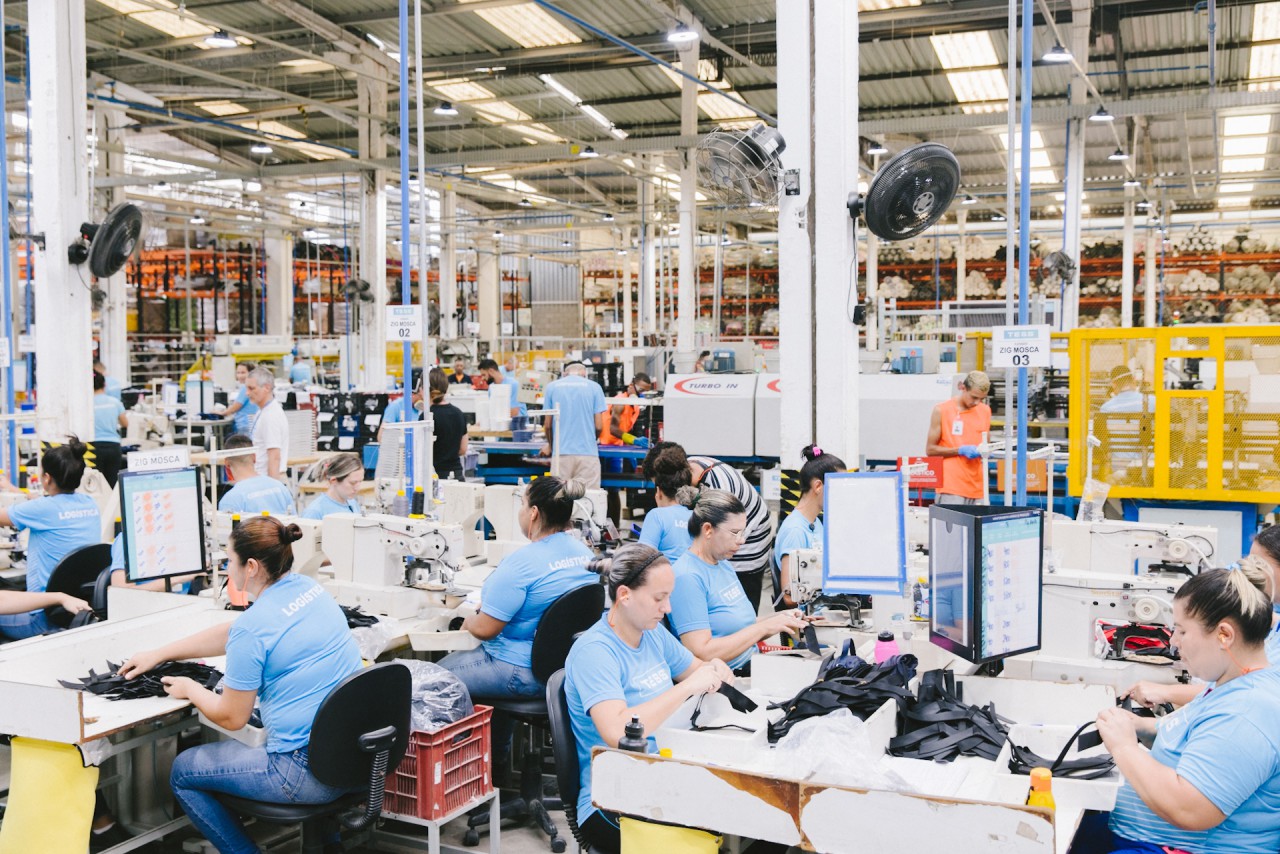
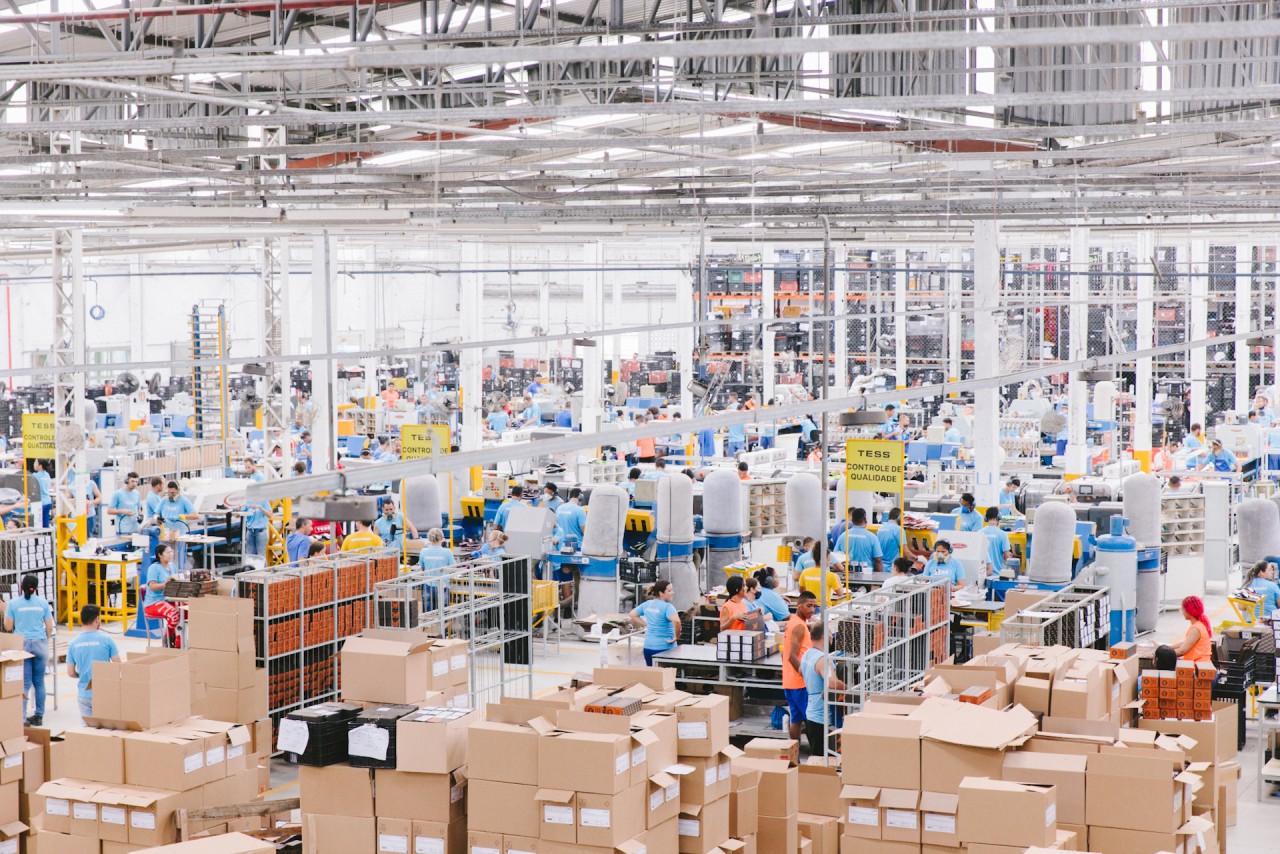
Brazilian Footwear: At Kenner, you launched the Re.Use line, which repurposes materials that would otherwise be discarded to create new models. Can you tell us more about the creation process?
Simon: We knew we had to do something without impacting the final price to the consumer, so that was the project’s premise. For years, we’ve dedicated ourselves with our team of chemists and researchers to reusing raw materials. Today, 100% of Redley sneaker soles are made with recycled materials. We’re reintegrating materials that would have been discarded into our formulations. Of course, what still gets discarded is disposed of responsibly, but it doesn’t mean there’s no environmental impact. We’ve been able to reduce our brands’ environmental impact each year.
Brazilian Footwear: Do you have any data that shows this reduction in impact?
Simon: We have an internal indicator—the percentage of raw materials discarded per pair produced. About three years ago, we were discarding nearly 300 grams of raw materials per pair. Today, it’s around 100 grams, and we hope to bring this number down to 50 grams in a year and a half. This is a significant indicator of reduced environmental impact. All the new technologies we pursue aim to reduce environmental impact and make the company more efficient.
Brazilian Footwear: Speaking of sustainability, in March this year, you received the highest level of the Origem Sustentável certification—Diamond level. What does this recognition mean for the company?
Simon: It’s hugely important, especially for the international market. We’re pursuing a very ambitious, long-term initiative to build the Kenner brand abroad. We’re currently working on projects in France and the United States. The seal, the credibility that Abicalçados has given us, helps open doors to much more demanding markets. It’s strategically vital for our group and aligns with and validates all the initiatives S2 Holding has already undertaken. We can say that this certification crowns all the efforts the company has made, confirming that we’re on the right path.
Brazilian Footwear: The company states that it’s committed to developing brands and products that last. Could you highlight some of the initiatives you’re taking to meet this commitment?
Simon: We have a strategic directive to invest in new technologies that don’t necessarily offer a clear payback or return today. We use this strategic budget for innovation, research, and development of initiatives that further reduce our environmental impact. These initiatives focus on developing even more responsible processes, processes that bring more industrial efficiency and new technologies.
Brazilian Footwear: Regarding efficiency in the industrial process, do you have any cases to share?
Simon: We responsibly strive to reduce environmental impact as broadly as possible throughout the production process. We have internal initiatives where employees are encouraged to contribute to improving the process. Last year, we replaced the use of brushes in the assembly line for applying glue. An employee came up with the idea of using a washable internal sponge instead. So, we stopped throwing away thousands of brushes every year in our production process by allowing an employee to collaborate. More operational efficiency and reduced environmental impact—this is just one example. Another initiative was creating a system where a drum turns cans inside out, allowing us to use the glue from the container until the last drop. This reduced the purchase of more glue, more raw materials, increased the efficiency of raw material use, reduced environmental impact, and improved factory efficiency.
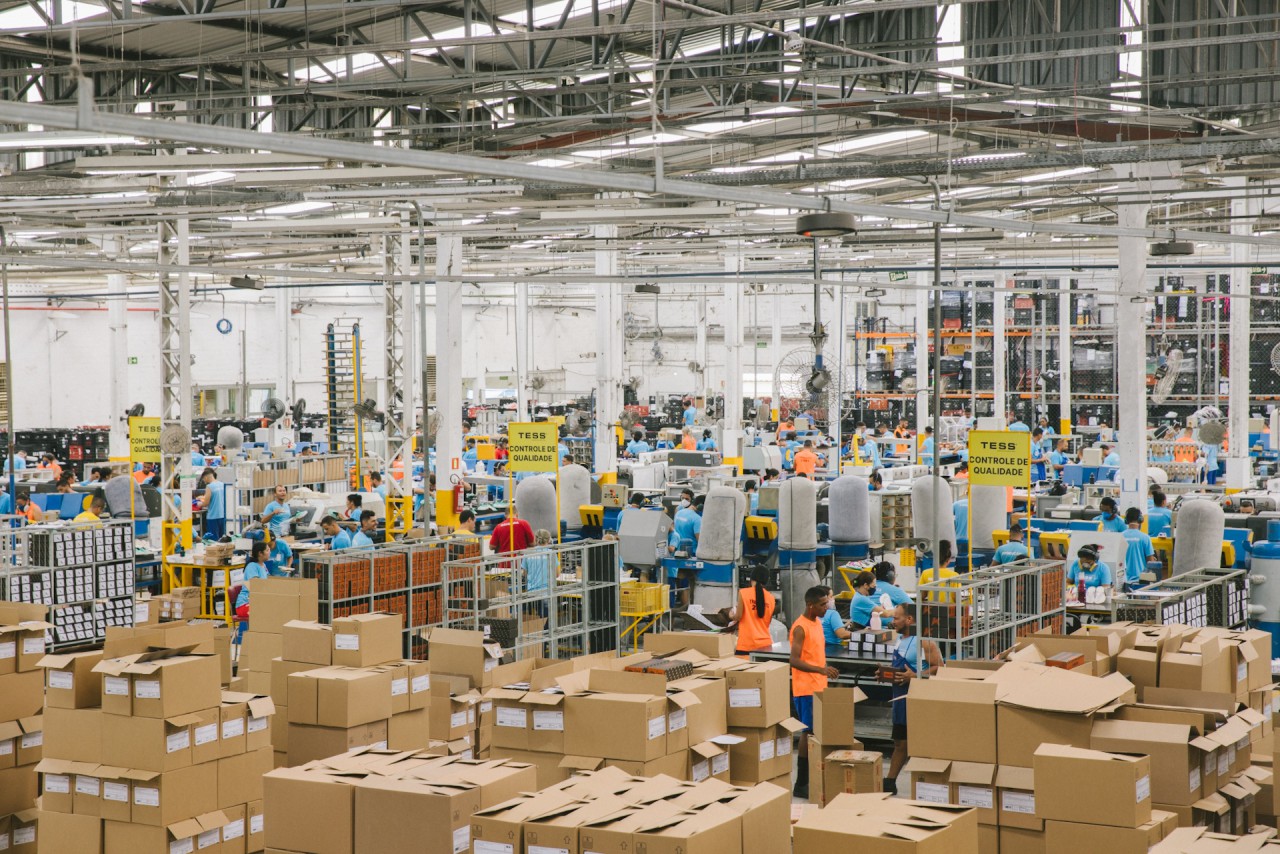
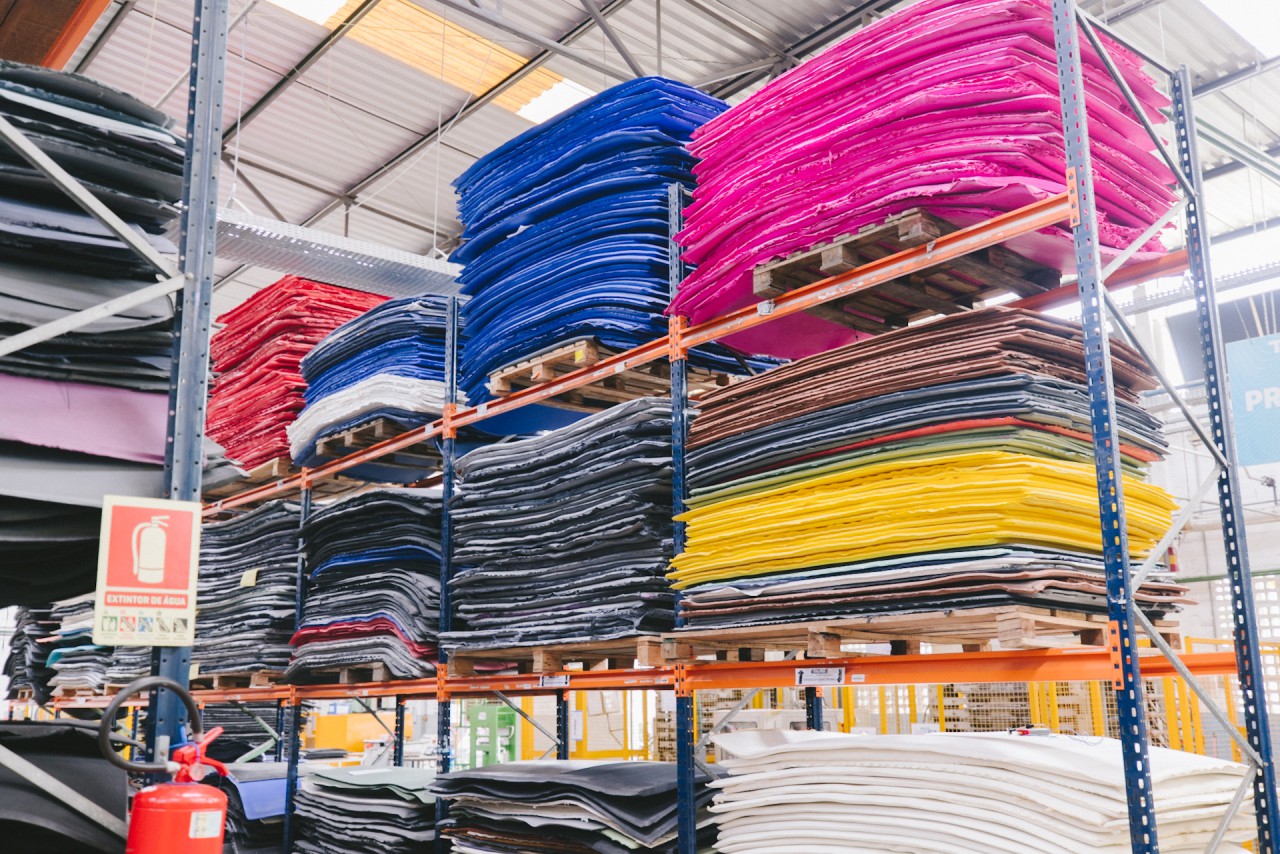
Brazilian Footwear: Of the 9 million pairs produced annually, how much is exported?
Simon: Right now, it’s still very little, around 2%. Our goal is brand building. We’re focused on selling initially in the right places, places with visibility and brand awareness, so we can then expand the market. We’re targeting Paris, where we’ve set up a Kenner pop-up store. In the U.S., we launched our e-commerce site in April to tell the Kenner brand story. Additionally, we’re using Anitta as Kenner’s global ambassador.
Brazilian Footwear: The group’s three brands are well-known nationally, and now you have an ambitious project to internationalize them.
Simon: Paris, Miami, and New York are our target markets. The goal is to work in these markets for a long time to learn a lot. We’re not using a strategic formula of exporting by price. We’re entering the fashion market, whether it’s in Paris, New York, or Miami. In April, when we launched the site in the U.S., 89% of the visitors were Brazilian. Today, we have 55% of visitors from the U.S., and we can already say that about 68% of sales are to non-Brazilians residing in the U.S.
Brazilian Footwear: You’ve participated in several Brazilian Footwear initiatives. How would you evaluate the Program and these initiatives?
Simon: They are very important. It helps give visibility to our brands and our development work. We see it as a movement that provides credibility and literally a stage to discuss best practices and show our projects.
Brazilian Footwear: And what about the BFSHOW fair? Did you participate?
Simon: Yes, we participated in the last edition and will be at the next summer edition. The winter edition doesn’t make as much sense for us, but we’ll definitely be at the next summer edition.
Brazilian Footwear: How is 2024 going for the group? Are there growth projections?
Simon: 2024 has been a very good year. Despite facing a pretty challenging market, we’re seeing that our strategy of investing in new technologies, delivering top-quality products, and launching models with clear value perceived by the consumer has been a successful path. This year, we expect to grow the group’s revenue by around 15%.
Brazilian Footwear: And what are the expectations for 2025?
Simon: We’re working on a project, and we have a need for factory expansion. At the moment, we’re evaluating the decision to invest for growth in 2026 and 2027, but it’s a very challenging decision.
Brazilian Footwear: Finally, what does a “fashion of good living,” as advocated by the group, represent?
Thomas Simon: “Fashion of good living” is an attitude of developing products that make consumers feel good when using them. It’s about not compromising on delivering comfort, quality, and a solution that values and makes the consumer feel happy and fulfilled, regardless of current fashion trends. The focus isn’t on fashion; it’s on the commitment to delight the customer. The commitment is to the consumer, not to a trend.

Promote your brand
Contact us to find out how to promote your Brazilian footwear brand on the platform.